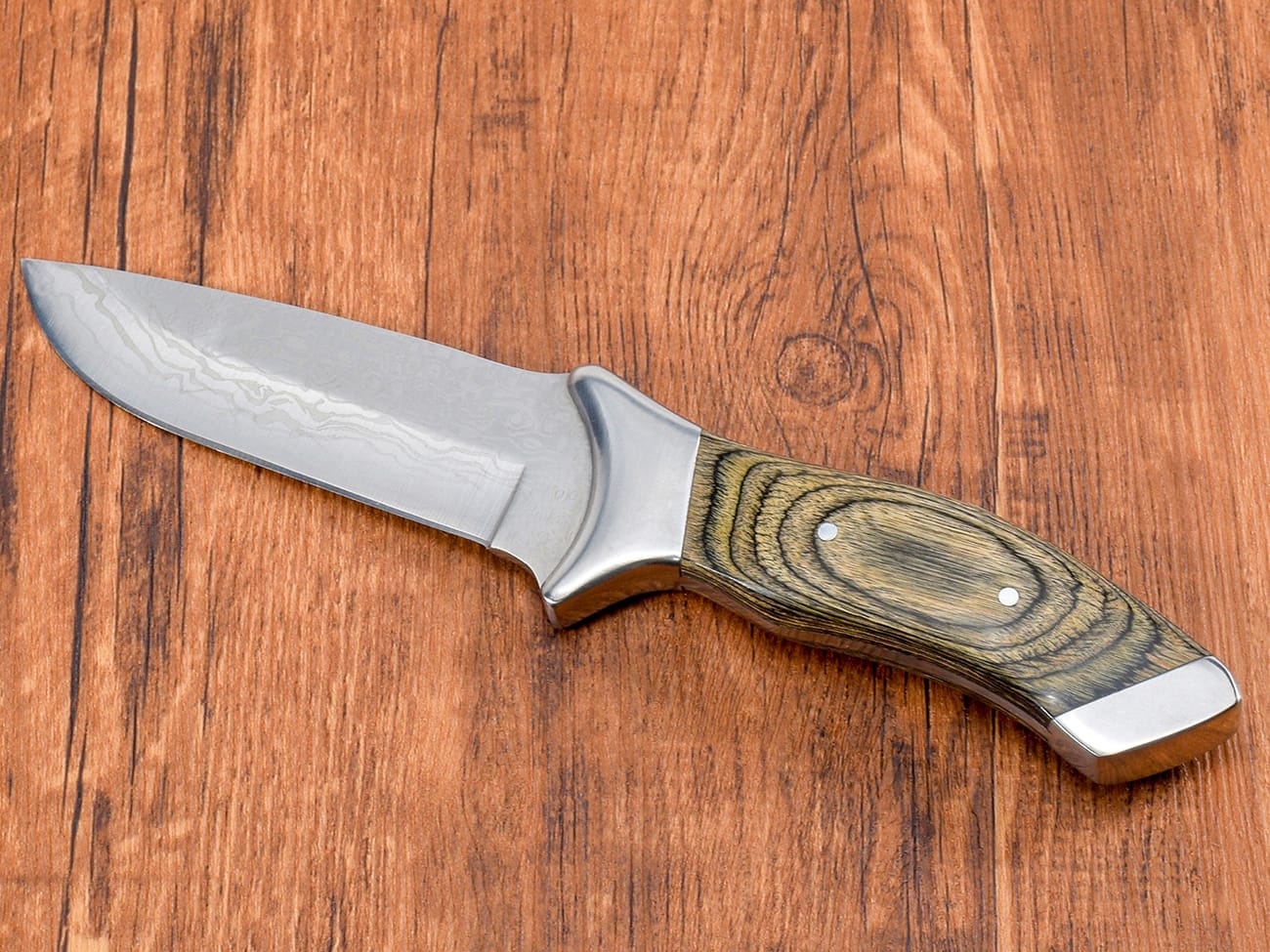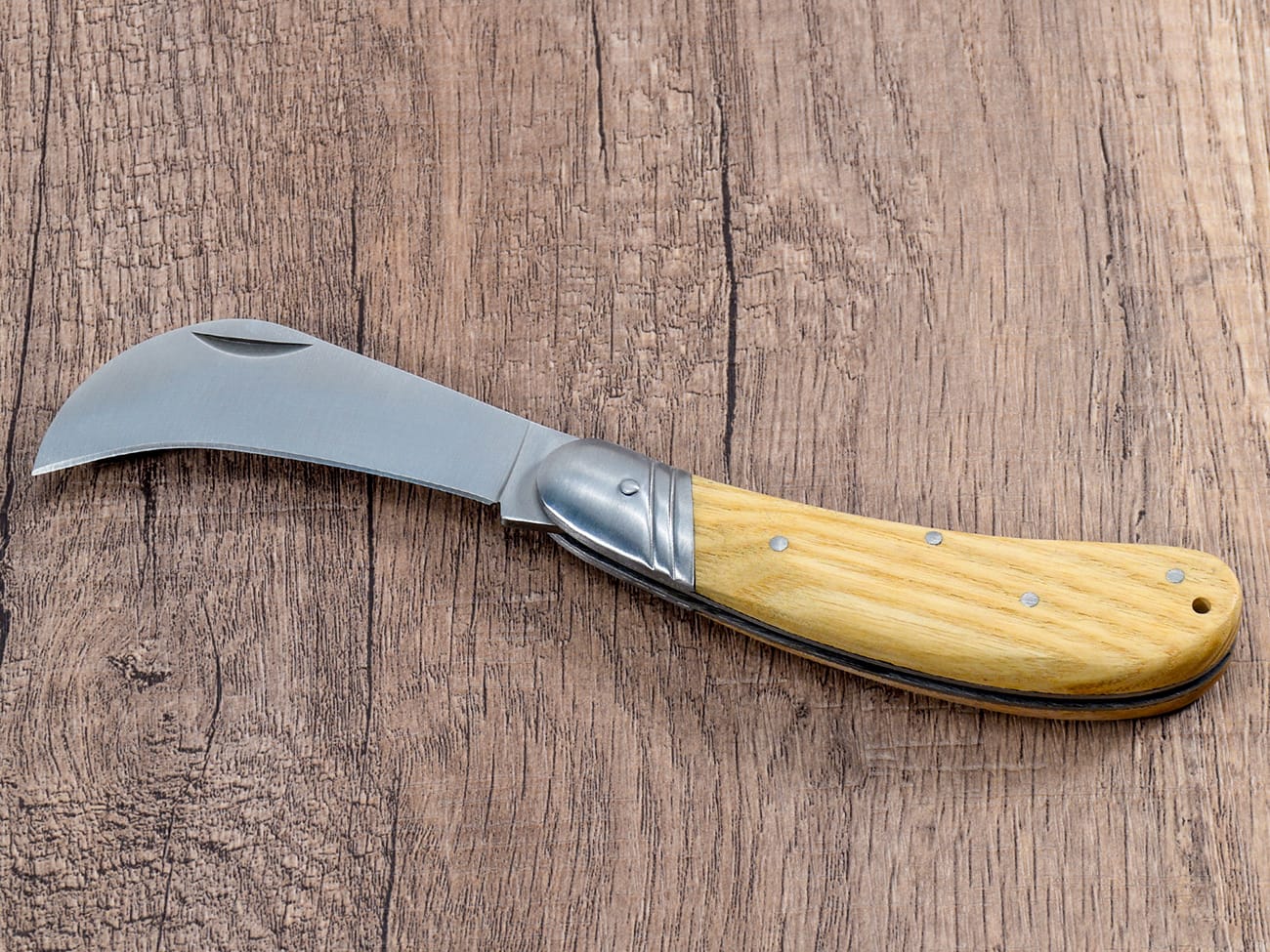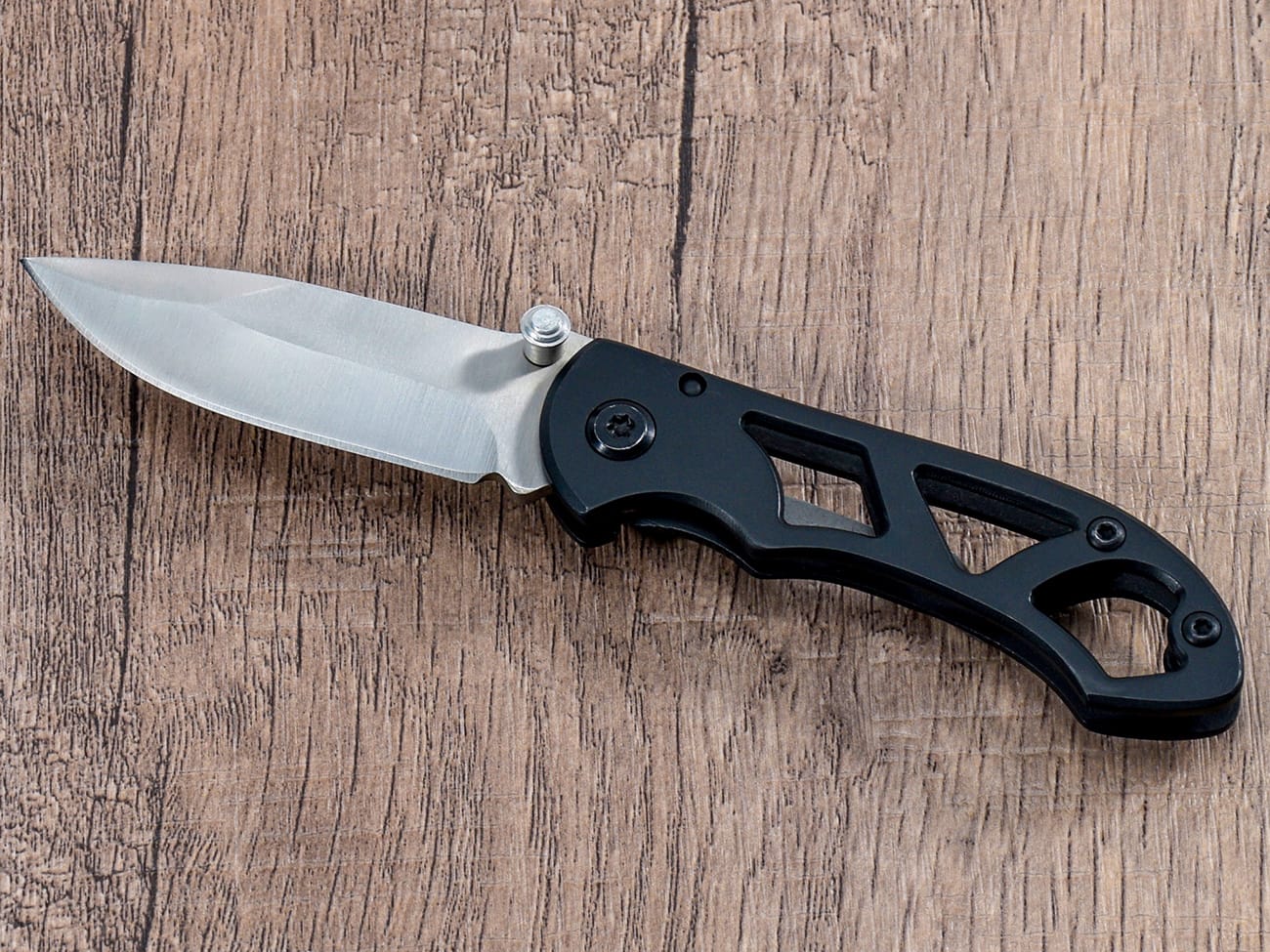Are you wondering about the legality of carrying a knife in Ohio? This comprehensive guide breaks down Ohio’s knife laws in clear, simple terms. Whether you’re a collector, outdoor enthusiast, or someone who carries a knife for everyday use, understanding these laws is crucial to stay compliant and avoid legal issues.
What Types of Knives Are Legal to Carry in Ohio?
Ohio law takes a relatively permissive approach to knife ownership. The state allows you to carry a knife as long as it’s not being carried as a deadly weapon. Legal types include:
- Pocket knives
- Fixed blade knives
- Hunting knives
- Utility knives
- Folding knives
Are There Any Prohibited Knives in Ohio?
While Ohio’s knife laws are generally lenient, certain restrictions exist. The state previously regulated various types of knives, but recent changes have made most knife types legal. However, ballistic knives and gravity knives remain subject to specific regulations.
How Does Ohio Define a “Deadly Weapon”?
Understanding what constitutes a deadly weapon is crucial because Ohio law takes this classification seriously. A knife becomes a deadly weapon when:
- It’s capable of inflicting death
- It’s carried with intent to use as a weapon
- The carrier demonstrates threatening behavior

What Are the Open Carry Laws for Knives in Ohio?
Ohio’s open carry laws for knives are straightforward:
- Legal to open carry any type of knife
- No length restrictions
- Must not be carried as a deadly weapon
- Folding knives are commonly carried openly
Understanding Concealed Carry of Knives in Ohio
The concealed carry of knives in Ohio requires special attention:
- Legal to conceal carry most knives
- Intent matters more than the type of knife
- Some restrictions apply in specific locations
- Must not be carried as a concealed weapon
Recent Changes to Ohio Knife Laws
In 2021, Ohio made significant changes to its knife laws:
- Repealed restrictions on automatic knives
- Removed bans on switchblades
- Eliminated regulations on spring-operated mechanisms
- Created more uniform statewide standards
Where Are Knives Prohibited in Ohio?
Despite general permissiveness, certain locations restrict knife carry:
- School zones
- Government buildings
- Courthouses
- Private businesses that prohibit weapons
- Public transportation (in some cases)
What About Knife Rights and Preemption?
Ohio has implemented knife law preemption, which means:
- Local jurisdictions can’t create stricter knife laws
- State law supersedes local regulations
- Uniform standards apply statewide
- Pocket knife owners benefit from consistent rules
Legal Consequences of Knife Law Violations
Understanding potential penalties is important:
- Carrying a concealed deadly weapon can be a serious offense
- Violations may result in misdemeanor or felony charges
- Intent plays a crucial role in prosecution
- Prior convictions can increase penalties
How to Legally and Safely Carry Knives in Ohio
Best practices for legal knife carry:
- Keep knives visible when possible
- Don’t conceal without understanding the laws
- Never use a knife to threaten
- Consider the context and location
Key Takeaways:
- Most knives are legal to own and carry in Ohio
- Intent matters more than knife type
- Open carry is generally permitted
- Concealed carry requires understanding specific regulations
- Certain locations prohibit knife carry
- Recent laws have become more permissive
- Local regulations can’t override state law
Remember: While this article provides general guidance, laws can change, and specific situations may vary. When in doubt, consult with a legal professional for advice about your particular circumstances.




